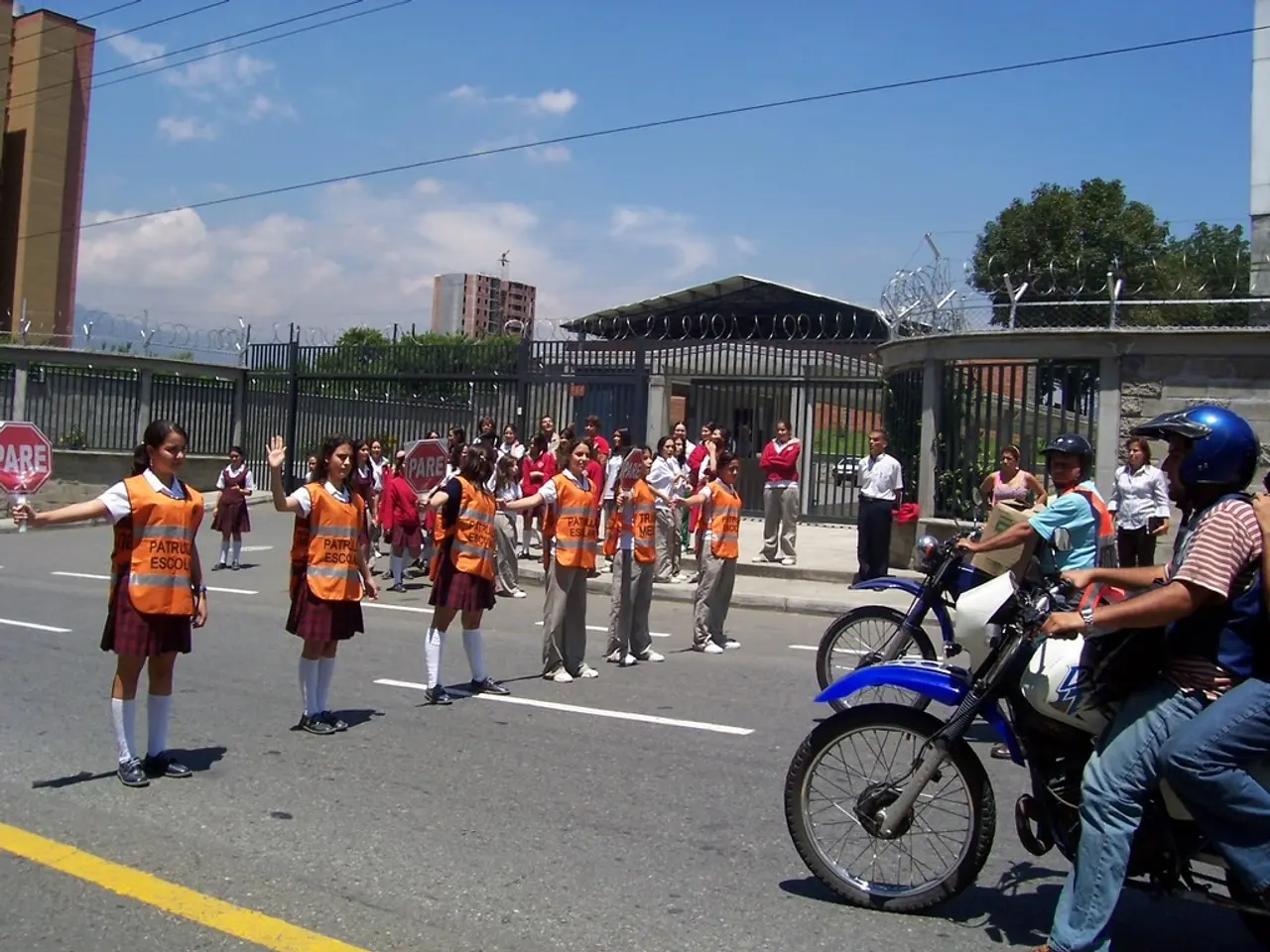Engaging Legal Education in the Community: RPNLU Rolls Out Programs for Socially Active Law Training
The Dr Rajendra Prasad National Law University, Prayagraj (RPNLU) recently unveiled a new initiative called Project Cluster Law, with a focus on experiential pedagogy and community engagement. The Law and Policy Action Clinic (LAPAC) was also inaugurated as part of this initiative.
Justice Manoj Kumar Gupta, an Allahabad High Court judge, graced the inaugural event as the chief guest. In his address, Justice Gupta emphasized the importance of law in empowering, dignifying, and promoting fairness and equality. He termed Project Cluster Law and LAPAC as "unique and novel ideas" that could shape a generation of lawyers deeply rooted in service to society.
The primary objective of Project Cluster Law is to provide law students with hands-on training while extending legal awareness to historically marginalized communities. By engaging with these groups, students' learning is expected to be enriched, contributing to the empowerment of marginalized communities.
Justice Gupta noted the growing need for legal education to extend beyond the classroom and into the lives of those most in need of justice. He emphasized the focus of Cluster Law on rural communities, small-scale industrial sectors, and tribal groups, each with unique socio-economic and legal challenges.
The LAPAC is designed to bridge the gap between theoretical knowledge and practical application. It will serve as a hub of research and action-oriented learning, generating practical solutions to contemporary legal and policy challenges. Cluster Law's interventions will provide awareness, guidance, and support to small-scale industrial sectors caught between economic pressures and regulatory complexities.
Prof (Dr) Usha Tandon, the Vice-Chancellor of RPNLUP, articulated the University's vision of nurturing future-ready advocates, researchers, and policy thinkers. She highlighted the need for legal education to be more responsive to the needs of the communities it aims to serve.
Prof (Dr) Manoj Kumar Sinha, Prof (Dr) Devinder Singh, and Prof Ravindra Pratap were present as Guests of Honour and shared their views on empirical research in legal education. Satya Prakash, the Registrar of RPNLU, delivered the vote of thanks.
Justice Manoj Kumar Gupta, a prominent figure in Indian judicial and legal events, expressed his belief that targeted engagement ensures that legal interventions are tailored to the lived experiences of communities. He envisioned Cluster Law as a model of socially engaged legal education.
In conclusion, the Project Cluster Law and LAPAC initiative by RPNLU promises to provide a practical, community-focused approach to legal education, empowering students and marginalized communities alike.
Read also:
- Impact of Alcohol on the Human Body: Nine Aspects of Health Alteration Due to Alcohol Consumption
- Understanding the Concept of Obesity
- Lu Shiow-yen's Challenging Position as Chair of the Chinese Nationalist Party (KMT) Under Scrutiny in Donovan's Analysis
- Tough choices on August 13, 2025 for those born under Aquarius? Consider the advantages and disadvantages to gain guidance







